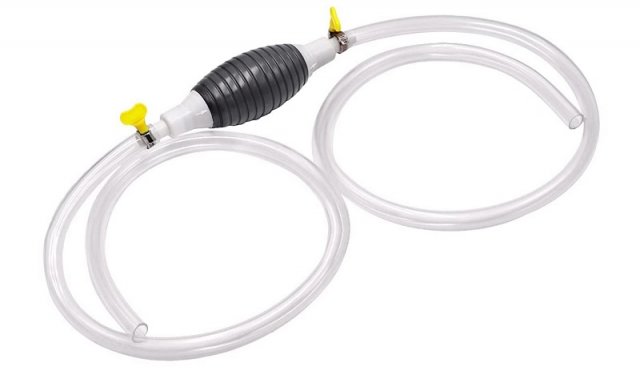If anyone here wonders why the EV push is on more than ever here is one of many many reasons. Read the article in full. The payback on investment for the EV charging stations is years I mean many years on return investment. Like 20-25 years😳
And we all just know these investors are crying big time and want yeh Governing bodies to help them from going broke. And uhm duh VW git killed in the diesel gate and they are doing everything to appease the Greenies.
Volkswagen Nears Deal to Sell Stake in Electrify America to Siemens
Transaction would value electric-vehicle charging business at more than $2 billion
Volkswagen AG
VOW 1.66%▲ is close to selling a minority stake in its U.S. electric-vehicle charge business to an arm of
Siemens AG,
SIEGY 0.29%▲ a deal that would value the network at more than $2 billion, according to people familiar with the matter.
A sale of a stake in Volkswagen’s Electrify America LLC would generate additional funding as part of a plan to more than double the number of EV charging stations that Electrify America operates across the U.S. and parts of Canada to 1,800 by 2026. Reston, Va.-based Electrify America also offers EV charging stations for use at home.
The deal is expected to be announced as soon as Tuesday, assuming talks don’t break down.
Germany-based Siemens would make the investment through its Siemens Financial Services unit, according to the people. The deal would complement Siemens’s existing operations in the EV charging sector. In August, the engineering and technology company said it plans to expand its manufacturing operations in the U.S. as part of a plan to make over 1 million EV chargers for that market over the next four years.
In the U.S., Siemens manufactures charging equipment for buses, trucks and heavy-duty electric vehicles at its facility in Wendell, N.C. It also has EV-focused operations in Texas, California, South Carolina and Georgia.
Bets on
charging networksare supported by a doubling of EV auto sales in the U.S. last year. However, that amount accounted for only a fraction of the U.S. car market, highlighting
the challenges charging infrastructure facesgenerating sustainable profits. An analysis by consulting firm AlixPartners in 2020 showed that the average fast-charging station, charging market price for electricity, would take 20 to 25 years to pay off its initial investment.
Electrify America expects to spend $2 billion on its expansion in coming years, partly funded by the Siemens investment.
Volkswagen, which is based in Wolfsburg, Germany, formed Electrify America in 2016. That was part of an effort to show renewed commitment to clean vehicles after U.S. regulators
accused the auto giant of installing so-called defeat devices on diesel cars that misstated emissions levels.
Governments and regulators have pushed traditional auto makers to phase out production of fossil-fueled powered cars in favor of electric ones. The success of some EV companies, led by
Tesla Inc., is driving demand and funding for a faster rollout of charging stations. Mass adoption of clean-energy vehicles depends on drivers having confidence that they can charge their cars quickly when traveling.
Tesla operates one of the largest charging networks globally, but it has been available only to owners of the company’s cars. In November, the EV maker started to open the infrastructure to non-Tesla vehicles in parts of Europe including France, the Netherlands, the U.K. and Norway to encourage wider EV adoption. Texas-based Tesla said it continues to expand this service to new sites and countries.
Tesla says its Supercharger technology allows users to charge their cars for up to 200 miles in 15 minutes. Electrify America says its charging technology is the fastest on the market, according to the website.
Utilities and governments also are
seeking to expand the availability of charging facilities. The Electric Highway Coalition, whose members include
Duke Energy Corp. and
American Electric Power Co., is seeking to build an EV charging network spanning much of the U.S. South, Midwest and East Coast.
The U.S. government allocated $5 billion of the $1 trillion federal infrastructure bill to help
create a national network of EV stations.

